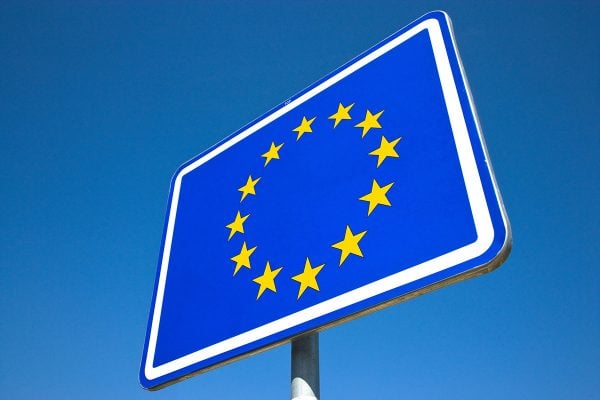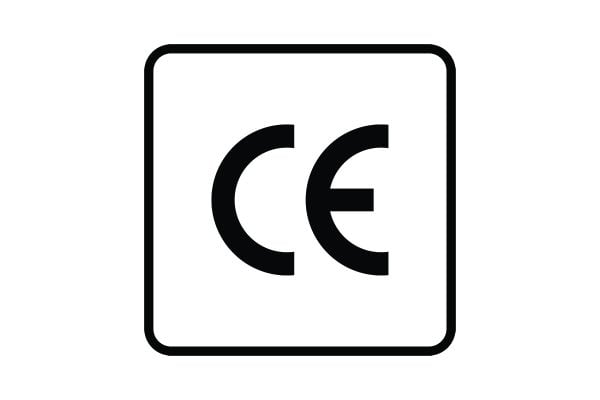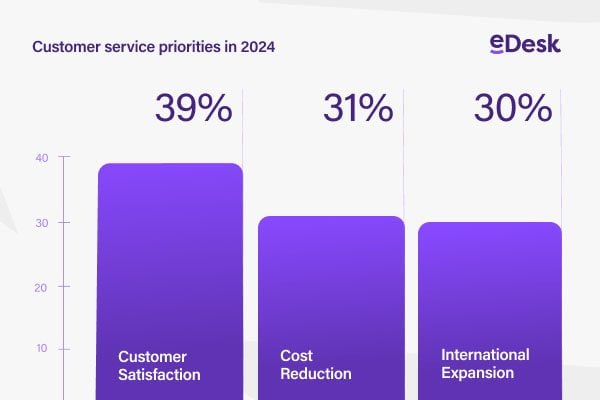Businesses have been bracing themselves for Brexit for four years but now the countdown to Brexit became very real with less than two months until the transition agreement with the EU comes to an end. Then came the pandemic which threw the entire country into disarray heralding a perfect storm of COVID, BREXIT & PEAK.
We have already seen Northern Ireland, Wales and Scotland introduce new restrictions which is now being followed by a national lock down for four weeks from this Thursday in England. As the world gets to grips with the ‘new normal’, what can we learn from the impact of Covid and how can we apply these key learnings to supply chain strategies now as the Brexit transition period comes to a hard stop on 31st December 2020.
 In January we will be holding a webinar Peak, Brexit and COVID – What on earth happened?, in which we’ll share first hand experiences and unique insights on what really happened across carriers, sellers and buyers from the start of Black Friday through to New Year sales. Register today to get a reminder nearer the time when we’ll be looking at first-hand experiences and unique insights on what really happened across carriers, sellers and buyers from the start of Black Friday through to New Year sales. In the meantime, here are four key actions all online retailers should be considering to get you through to the end of 2020.
In January we will be holding a webinar Peak, Brexit and COVID – What on earth happened?, in which we’ll share first hand experiences and unique insights on what really happened across carriers, sellers and buyers from the start of Black Friday through to New Year sales. Register today to get a reminder nearer the time when we’ll be looking at first-hand experiences and unique insights on what really happened across carriers, sellers and buyers from the start of Black Friday through to New Year sales. In the meantime, here are four key actions all online retailers should be considering to get you through to the end of 2020.4 Actions to get retailers through COVID, BREXIT & PEAK
- Diversify suppliers
One of the biggest learnings we can take from the Covid situation this year, is to spread out potential risk as much as possible, and not to keep “all your eggs in one basket”, especially when it comes to suppliers.
Diversifying your network of suppliers will help spread and reduce the risk, so that if you come up against any problems importing stock from Europe, you can quickly pivot and order stock from alternative UK-based or international suppliers.
- Relocate warehousing and fulfilment
Just as there may be delays and costs importing goods from the EU, the same will apply when shipping orders out to your EU customers.
Moving part of your fulfilment operation to the EU could help you avoid the cost and complexity of border controls, customs documentation and Duties altogether. This means your suppliers can deliver to your EU warehouse or fulfilment centre, and you can deliver from this location directly to your EU customers for faster shipping and a more seamless delivery experience.
This will reduce the risk of delays and costs, as well as provide a base to continue growing your business in EU countries.
- Protect Final Mile Delivery
At the beginning of lockdown, carriers were overwhelmed, running over-capacity most days, and if this happens, it means they can stop collections and refuse parcels. This is not uncommon, and we see this often during peak sales periods like Christmas.
If you rely on a single carrier, and this carrier comes up against any problems, your parcels can’t go anywhere, which creates a traffic jam of customer orders that creates a cycle of delays. The trick is to have multiple carriers at your fingertips so you can easily switch if you need to.
An added bonus of this is that you can use each carrier to your advantage and tailor delivery to each customer, product and destination to strike the right balance between service and cost-efficiency, which also gives the customer the best possible delivery experience and helps you manage costs.
- Improve Returns Efficiency
As lockdown boosted home delivery, this has inevitably also led to an increase in returns which has a direct impact on the bottom line – in fact they cost UK retailers a whopping £60bn a year!
Post-Brexit, EU returns could be subjected to additional customs and duties requirements, which would create even more complexity and cost for businesses.
A paperless returns portal (like GFS Global Returns Pro) can help you electronically generate the required customs declarations for duty relief on cross-border returns, to ensure cross-border returns are as swift and seamless as possible for customers, and that you don’t pay duties twice.
We are now heading towards peak AND Brexit at the same time. Both Peak and Brexit will throw up a lot of unknowns. We don’t know what social distancing measures will still be in place over Christmas, or how consumer confidence will be impacted.
Forecasting and planning can only take you so far, which is why it is vital to focus on mitigating potential risk and having contingency plans in place.
Now is a critical time to strike the right balance between protecting the bottom line and the customer experience.
GFS has set up GFS Europe, to help businesses move their operations into Europe easily as contingency in response to Brexit. As part of this new service, they are now offering warehousing and fulfilment services, as well as collections, deliveries and returns from/to anywhere in Europe.









